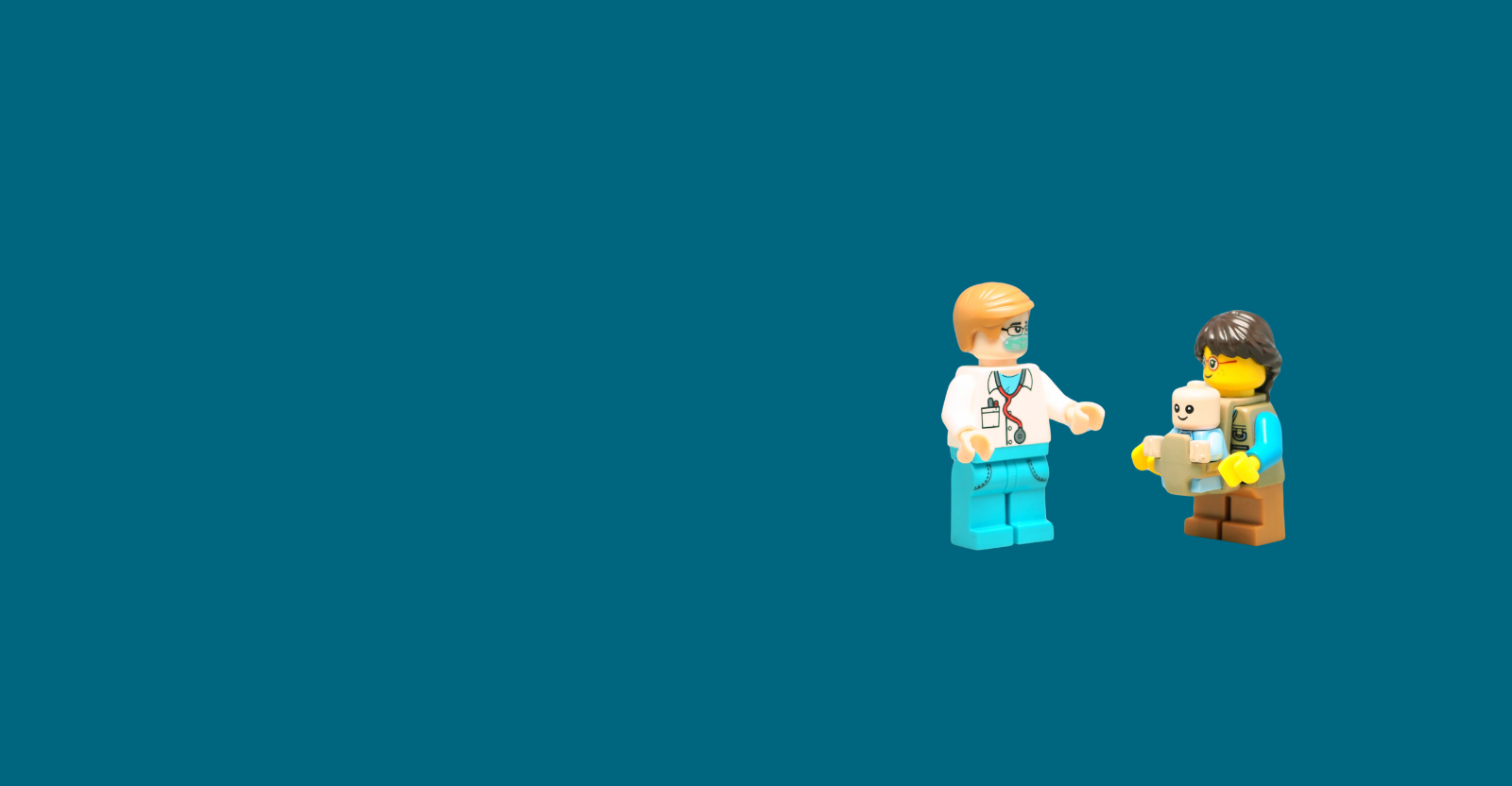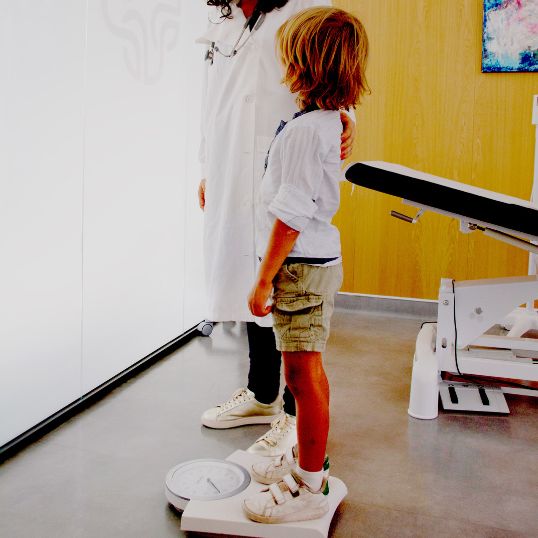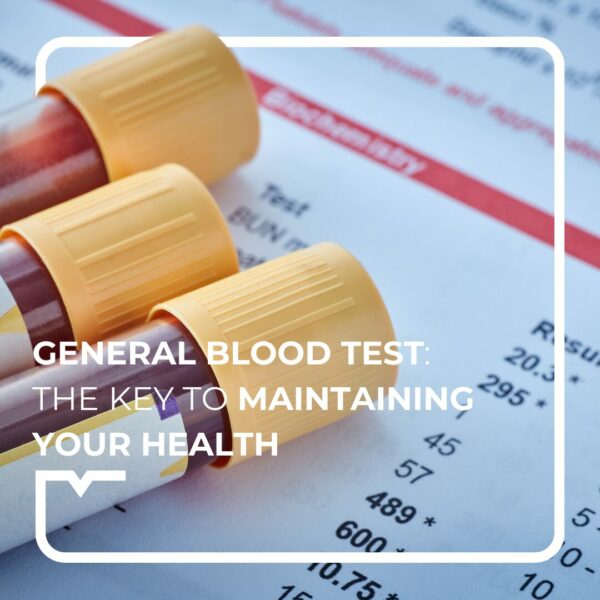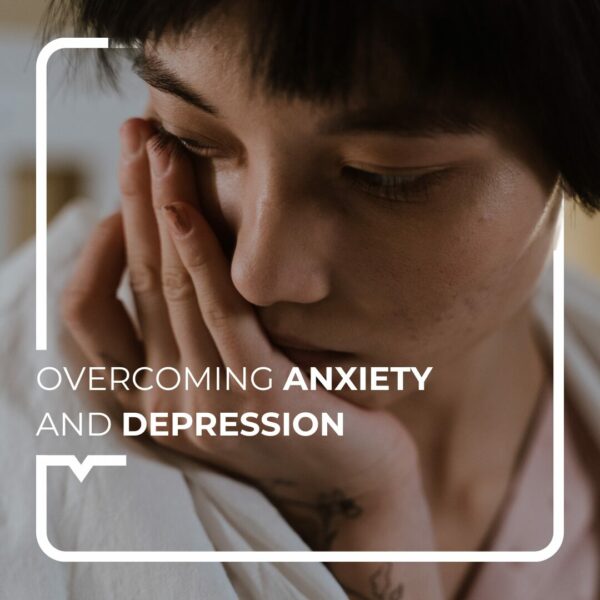Ejaculation problems: Regain confidence and pleasure
In this article, discover the causes, types and treatments of ejaculation disorders to improve your sexual health and well-being.
Read more


Paediatrics is the specialty dedicated to the child. Visits to the paediatrician are initially weekly for the first 2 weeks of life, then monthly until 6 months, then quarterly from 9 to 24 months. After 2 years, an annual visit is sufficient.
In addition to keeping the vaccination calendar up to date, the paediatrician supervises the child’s growth and proper physical and mental development.
They also play a role in the prevention, advice, diagnosis, and treatment of illnesses.
New born follow-up
Breastfeeding counselling
Monitoring the growth and development of the child
Child nutrition
Monitoring the vaccination calendar
Child health check-up
Monitoring of chronic diseases
Treatment of specific diseases
INFORMATION: The paediatrician interviews the parents and the child, if old enough to speak, to find out the reason for the consultation, allergies, personal, medical, and family history, daily activities, and lifestyle.
PHYSICAL EXAMINATION: Height and weight measurements, auscultation with a stethoscope, palpation of the abdomen, ENT check, and, if necessary, temperature measurement. In addition to this, they assess the child’s cognitive functions, psychological state, and level of development.
DIAGNOSIS AND TREATMENT: The paediatrician shares their diagnosis with the parents and the child, if old enough to understand. The paediatrician may prescribe treatment or additional tests (X-rays, analyses) or refer the child to a specialist or therapist. A follow-up appointment is often scheduled.
Book an appointment

In this article, discover the causes, types and treatments of ejaculation disorders to improve your sexual health and well-being.
Read more

A complete medical check-up: much more than just a routine check-up, this is a key stage in detecting, preventing and preserving your health over the long term.
Read more

Testimonial: How therapist Claire Colson helped me overcome anxiety and depression.
Read more